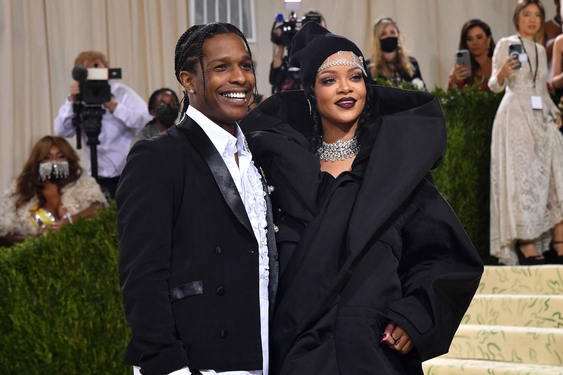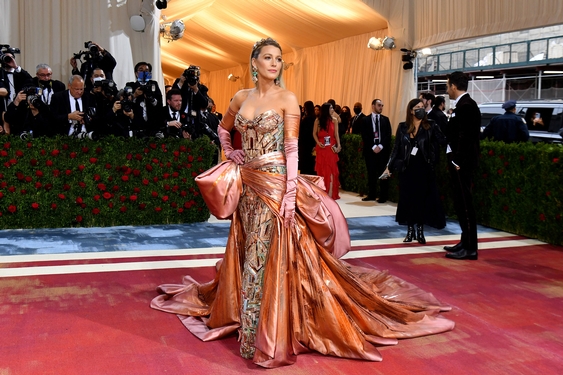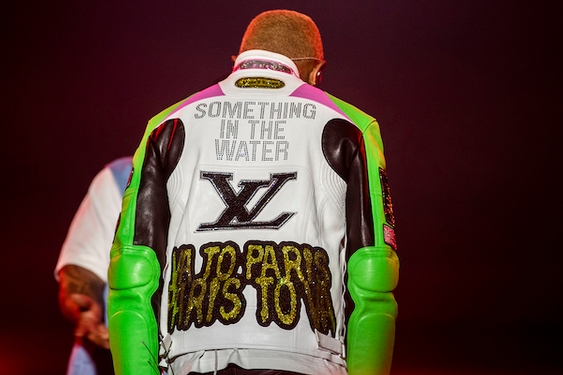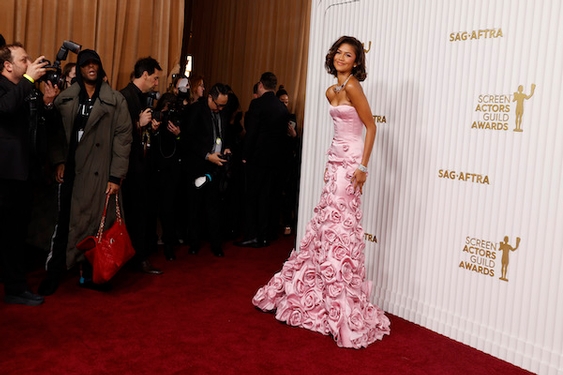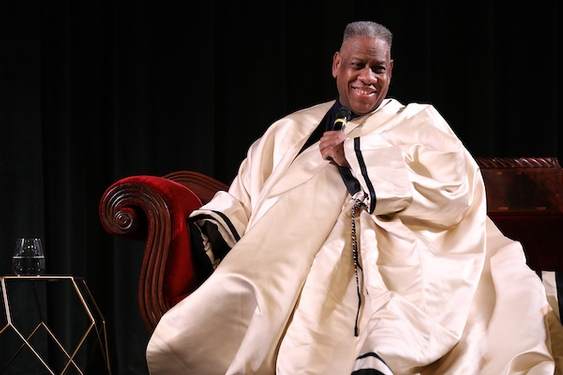“I've been out in the sun my whole life. I went without a shirt for 30 years,” says Fisk. “But everyone wants to postpone getting old.”
That's as true for men as it is for women. Indeed, a range of retailers from drugstore chains to department stores report that the demand for men's skin-care products and treatments is rising rapidly.
“It's the fastest-growing segment of our cosmetics,” says Tina Hodak, creative merchandising manager for Macy's Midwest.
Skin-care sales are expected to grow to $5 billion in 2010 from $4.3 billion in 2005, an 18 percent increase. But several sub-categories with high male appeal are expected to see even faster growth over that time. Anti-aging products, for example, will see 30 percent growth to nearly $2.6 billion in 2010, according to market research firm Datamonitor.
Sandra Doty, a cosmetic supervisor for Walgreens, says the number of products aimed at men has been growing over the last few years, and that the demand began to “skyrocket” last summer.
“We quadrupled our shelf space for men's grooming in 2006,” says Erin Pensa, CVS spokeswoman.
It doesn't stop there. Men are boldly going where mostly women have gone before: day spas.
Peggy Mitchusson, owner of Face & the Body Day Spas, says men now account for between 25 and 30 percent of her clients getting facials.
“They want to know how to take care of their skin,” she says. In describing facials to men, Mitchusson says estheticians stress that the process removes impurities.
“We try to create an environment that's about health, not about fluff or pampering,” she says. “But once they have one [facial], a lot of men learn to like it because it's relaxing.”
Actually, men's concern about their skin has been going on for years, but what is new is their openness about it and their assertiveness in seeking out moisturizers with sun protection and wrinkle-fighting ingredients. Retailers believe that men secretly had been sneaking into the medicine cabinet for years and using skin-care products belonging to their wives and significant others.
So why have men come out of the medicine cabinet?
Fear of skin cancer is one key reason.
“It's about health,” says Mitchusson. “Men think they are infallible, that nothing will happen to them. But skin cancer gives them permission to care about their skin.”
Accessibility is a big part of the story as a steady stream of new products specifically for men has made skin care more appealing to males. Offered at all price points, starting at less-expensive private-label drugstore lines to long-existing upscale labels like Clinique. Nivea, Neutrogena and L'Oréal, all of which have a huge female following at drugstores and mass merchandisers, have added men's lines.
Along with product launches have come heavy advertising on television and in men's magazines. Lancôme announced that British actor Clive Owen will be the face in the upscale cosmetic company's ads for its new men's grooming products including an anti-aging skin-care line.
Fisk says his new skin-care regime is part of an overall effort to appear younger and feel better. He says over the years he's given up smoking and started lifting weights.
“Your body is like a motor. If you take care of it, it keeps going,” he says.
Plus, he adds, using the skin-care products seems to have paid off. “I think I was more wrinkled before.”
© 2007, St. Louis Post-Dispatch.
Distributed by McClatchy-Tribune Information Services.


